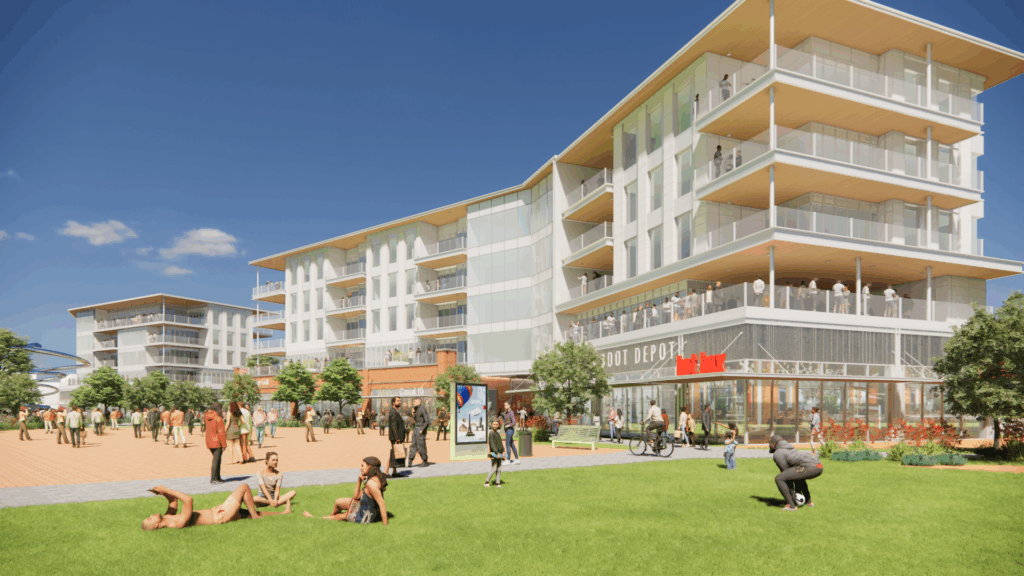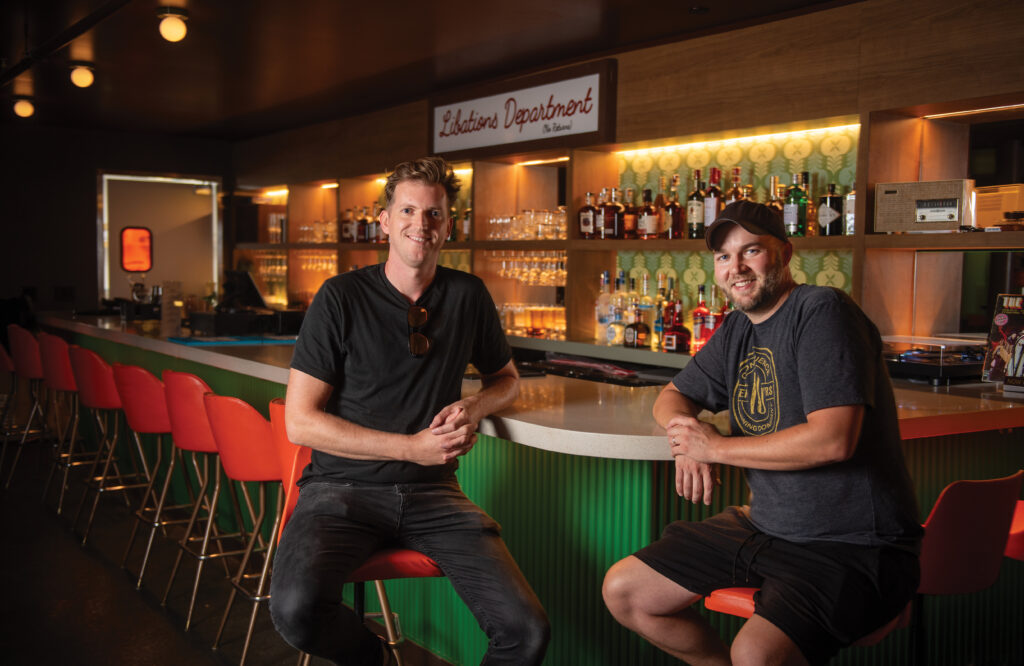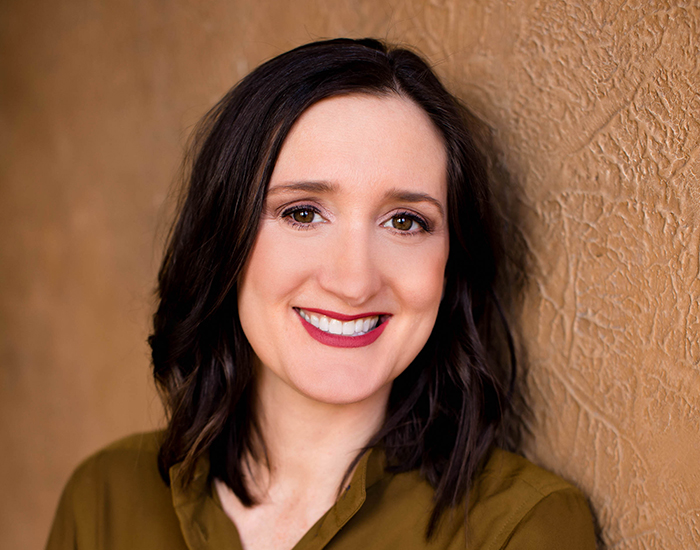YMCA seeking foreign investors for downtown pool

KENT DARR Nov 10, 2015 | 5:30 pm
3 min read time
674 wordsBusiness Record Insider, Real Estate and DevelopmentThe YMCA of Greater Des Moines is seeking funds from foreign investors through a federal immigration program to raise enough money to finish the downtown Wellmark YMCA by building its swimming pool.
YMCA officials have said that, at a minimum, there is a $6.5 million shortfall in the budget to construct the pool — a much ballyhooed element of fitness center at Fifth and Grand avenues that once housed the Polk County Convention Center.
Tom Stanberry, a member of the YMCA board and an attorney who specializes in various federal financing programs, said the exact amount the Y requests under the federal EB-5 program, which provides permanent green cards to foreign nationals and their families in exchange for investments of between $500,000 and $1 million in job-creating projects, has not been determined. However $8 million would be the “sweet spot.”
The EB-5 program was set to expire at the end of the federal fiscal year on Sept. 30, however it has been extended to Dec. 11 as lawmakers seek to either reform or terminate the program. Sen. Charles Grassley of Iowa has led efforts to reform the program. Sen. Dianne Feinstein of California wants to end the program on the grounds that it is unfair to immigrants who lack the personal wealth to essentially buy a green card. (Editor’s Note: This sentence has been edited to clarify Feinstein’s opposition to the EB-5 program.)
Still, the program has an allure for for Greater Des Moines developments seeking to fill a financing hole in their projects. Supporters of the Iowa Events Center Hotel in downtown Des Moines are seeking $20 million from the program.
Stanberry said YMCA documents were submitted well before the EB-5 program expired on Sept. 30. The application is being handled by CMB Regional Centers in Rock Island, the same entity that is processing the application for the convention center hotel.
If the program terminates, YMCA officials will continue to seek additional financing for the swimming pool, Stanberry said.
However, the hope is that applications approved before the Dec. 11 deadline will receive funding under the current terms of the EB-5 program.
The exact amount of the YMCA request depends on whether the swimming pool loan funds at the same time as the IEC Hotel loan, Stanberry said.
One issue is the number of jobs created by both projects.
Polk County Administrator Mark Wandro told the IEC Hotel Corp. board Monday that the YMCA wants to “borrow” excess jobs created by the convention center hotel project.
At present, 10 direct or indirect jobs must be created for individual EB-5 investments of $500,000 in what are called targeted employment areas. The convention center hotel qualifies as a targeted employment area by connecting adjacent census tracts, areas with a combination of high and low unemployment rates. To qualify as a targeted employment area, a census tract must have an unemployment rate of people living there that is 120 percent of the national average.
The Wellmark YMCA swimming pool might not generate enough jobs to qualify at the lower investment level. As part of efforts to reform the program, Congress is considering raising the minimum investment level and changing the way targeted employment areas are created.
CMB Regional Centers is doing the analysis on whether the YMCA project would meet various employment and investment guidelines under current law, Stanberry said.
The YMCA also has sought $1 million from the Vision Iowa grant for the swimming pool and federal New Market Tax Credits. However, the YMCA has not been able to obtain New Market Tax Credit financing, primarily because those awards are now based in large part on job creation. The state grant is contingent on obtaining the federal financing.
EB-5 loans are considered high-risk financing that provide the first money into a project, primarily to cover gaps between bank financing and construction costs, and the first money out of a project, meaning it is the first loan to be repaid. The interest rate is 5 percent and typically just a portion of the loan is guaranteed.









